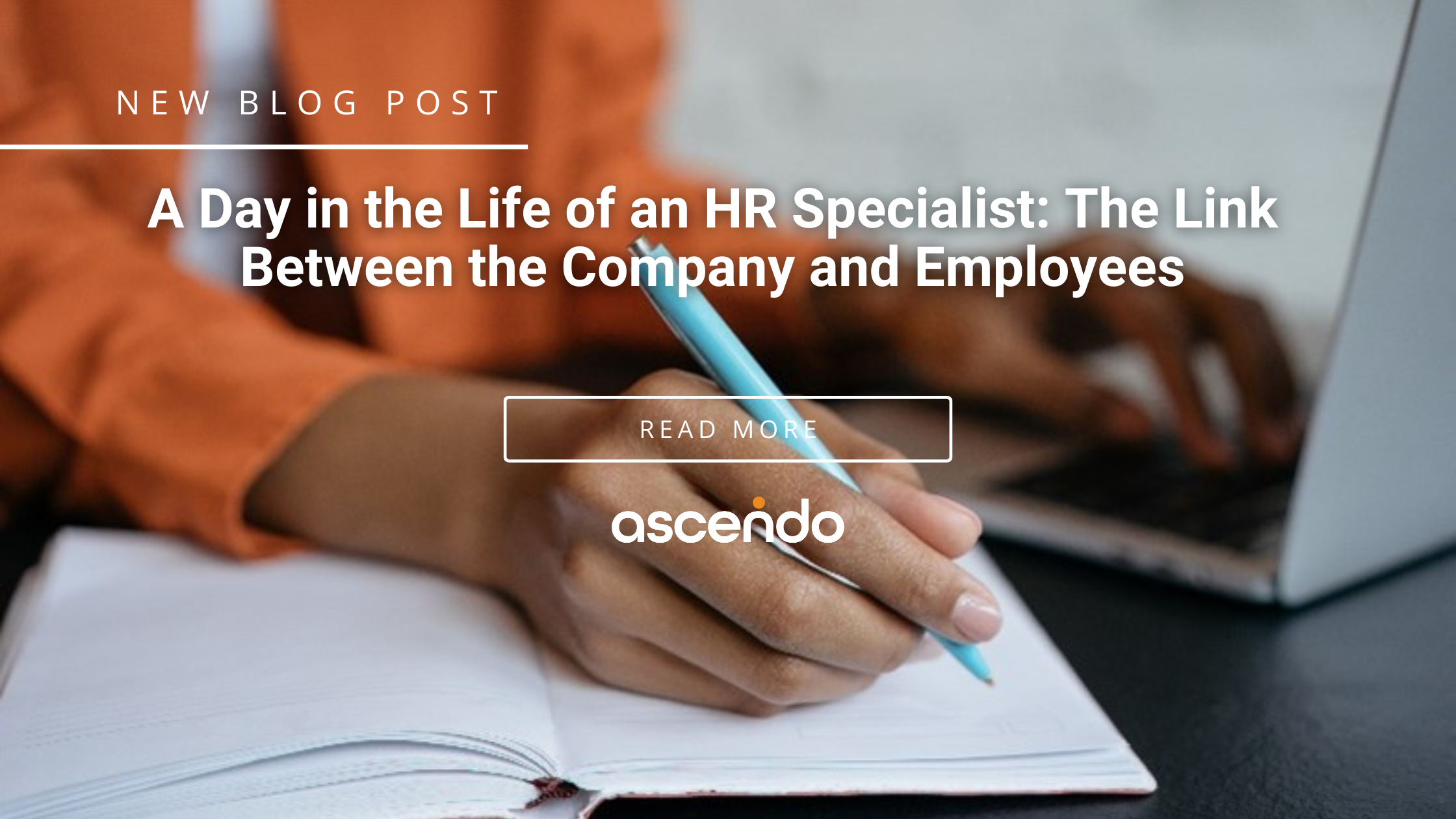A Day in the Life of an HR Specialist: The Link Between the Company and Employees.
You start your work week by planning and making sure everyone in your office is heard and supported. This is the daily reality for a Human Resource Specialist—a professional who focuses on keeping both employees and the company in sync. Let's take a closer look at how they manage this delicate balancing act.
Daily Plan in Action:
The week kicks off with a thoughtful review of what needs attention. A Human Resource Specialist aligns their tasks with what the employees need and what the company is aiming for. They don't just stick to their HR bubble; they actively join Leadership Meetings where big company plans are discussed. This collaboration extends to working with other department heads on projects that involve managing costs. The day-to-day responsibilities of an HR Specialist can vary depending on the organization’s size, industry, and their specific HR needs. A Human Resources specialist role touches on various aspects of an organization, like; Employee Relations, Recruitment and Onboarding, Benefits Administration, Training and Development, Compliance, Performance Management, Employee Engagement and Continuous learning.
Being the Employee's Voice: One of the crucial roles of a Human Resource Specialist is to be the go-between for employees and management. It's about making sure everyone's opinion matters and creating a workplace where people feel supported. They aren't just messengers; they build a bridge between what employees want and what management decides. This effort creates a work atmosphere where everyone feels respected and valued. HR specialists often take on employee questions, concerns and conflicts. This could involve resolving disputes providing guidance on policies or resolving interpersonal issues.
Fun Beyond the Work Desk: It’s not all serious business. Human Resource Specialists also wear the hat of an event organizer. From in-house gatherings to external activities, their goal is simple, strengthening the team. These events aren't just about having a good time; they're investments in creating a positive work culture. HR specialists should be experts on the people of their organization. They assess the current office culture through surveys, feedback sessions or informal conversations. By keeping their ears open to feedback, they can determine what type of events would be the most beneficial and enjoyable for employees.
Working Together Across Departments: Collaboration isn't confined to department meetings. Human Resource Specialists actively work with other departments on projects that involve everyone's skills and knowledge. The aim is to solve problems more effectively and make work smoother. This teamwork is not just about getting the job done; it's about creating a culture where everyone shares responsibility.
Recruitment and Onboarding: HR Specialists also have their hand in internal recruitment efforts. They help create and post job vacancies across online platforms. They review resumes and applications to identify potential candidates. They conduct interviews and coordinate interview schedules with department heads. A big part of the role is facilitating the onboarding process for new hires, including paperwork, orientation, and introductions.
Benefits Administration: Depending on the organization they help assist employees with benefits enrollment and changes. They Provide information on benefits, answering questions and resolving issues related to employee benefits.
What does it take to be successful in this role?
- Skilled in Communication: Communication is a huge part of the role. HR specialists need clear and effective communication to effectively interact with employees, management, and external stakeholders. Active listening is a great asset in helping them understand the concerns and needs of employees.
- Interpersonal Savvy: HR is fundamentally about people, and interpersonal skills are non-negotiable. Specialists need to have empathy, active listening, and conflict resolution skills. Being able to relate to employees at all levels fosters a positive work environment and helps in addressing issues before they escalate.
- Master of Organization: Organizational skills are a must. HR specialists often handle a myriad of tasks simultaneously – from recruitment processes to employee relations. A keen sense of time management, attention to detail, and the ability to prioritize are indispensable for success in this field.
- Strategic Thinking: Gone are the days when HR was confined to administrative tasks. Modern HR specialists must align their strategies with the broader goals of the organization. This requires a deep understanding of the business, the industry, and the foresight to anticipate future HR needs.
- Legal Know-How: HR specialists need a solid grasp of employment laws and regulations. Staying informed about changes in legislation, ensuring compliance, and mitigating legal risks are integral components of the role.
The role of an HR specialist is multifaceted and dynamic. To be excellent in this position requires a combination of soft and technical skills. By honing these skills, HR specialists can contribute significantly to the well-being of employees and the overall success of the organization. The journey to excellence in HR is an ongoing one, marked by continuous learning and a commitment to creating a workplace that thrives on collaboration, innovation, and positivity.
Looking for an exciting new role? Click here to explore how Ascendo can be your mentor to help you navigate and find the best opportunities.

